As an archeology student in the 1970s, I was lucky enough to see many of the world’s ancient cities (and work at some) before exploitation overwhelmed them. Among these was Tulum, one of the smallest yet loveliest ancient Maya cities, overlooking the eastern sea of the Yucatán Peninsula.
Back then Tulum was hard to reach without a mule or jeep, though local Maya still came to worship at its temples. Turtles nested on the untrodden sands below and manatees grazed the shallows. It took me a day to walk in there from the nearest road, along a jungle track to a tiny lighthouse near the ruins, whose keeper rented me a hammock.
That whole coast has since become the “Mayan Riviera” (developed by outside investors, not the Maya) and it’s a slow day at Tulum if the parking lot has fewer than a hundred tour buses. To say nothing of hotels, supermarkets, time-share condos and a seaside palace built by drug lord Pablo Escobar (now a boutique hotel).
Later this year, Mexico’s army engineers will complete a 1,500-kilometre “Maya” railway, built at huge environmental and financial cost to open up what’s left of old Yucatán to the Cancún tourist hub, a city of almost a million. Fifty years ago Cancún did not exist.
I’ve seen some “progress” downsides up close in Canada as well. When I was a young farmer in Alberta’s Peace region, oil and gas rigs came drilling across the land, leaving pits of toxic waste behind. In my 40s I lived in the picturesque Ontario town of Port Hope. The industrial waste there was radioactive, bequeathed by Eldorado Nuclear, which had made plutonium for the bombs dropped on Japan. And once that was (mostly) cleaned up, developers came in, turning one farm after another into outlying suburbs of Toronto.
Although I’m a third-generation B.C. resident (my grandparents farmed 10 acres of apples near Kelowna where my dad grew up), I didn’t see the Gulf Islands until the 1990s, when invited to a writers’ festival there. I was amazed by the beauty of the Salish Sea and the quiet collaborative life of the islanders I met. The province, I learned, had protected these islands by law since 1974.
Now, as one who has lived on Salt Spring Island 20 years, I join others who fear those safeguards are being whittled away, sometimes behind closed doors, by some of the very trustees who govern under the 50-year-old law intended to conserve the islands’ fragile ecology.
First, a bit of history.
The need for decisive protections was dramatically demonstrated when mass developments began on several islands in the 1960s, notoriously Magic Lake Estates: more than 1,200 half-acre lots for holiday homes on North Pender Island, which had under 500 residents at the time.
In 1973, an all-party standing committee concluded that the Gulf Islands “are too important to the people of Canada to be left open to exploitation by real estate developers and speculators,” identifying “large subdivisions and overdevelopment as the priority concern.”
A year later Dave Barrett’s BC NDP passed the Islands Trust Act, with its famous mandate to “preserve and protect” the islands and their “unique amenities and environment for the benefit of the residents of the trust area and of British Columbia generally.”
Under the act, the 13 main islands elect their own representatives, trustees who make decisions about land-use planning in their areas.
All trustees also sit on the Islands Trust Council that sets policy for the entire trust area, which covers waters and islands from the Lower Mainland across to southern Vancouver Island, including Howe Sound and up to Comox.
Within their governing hands reside the fragile futures of many micro-ecosystems.
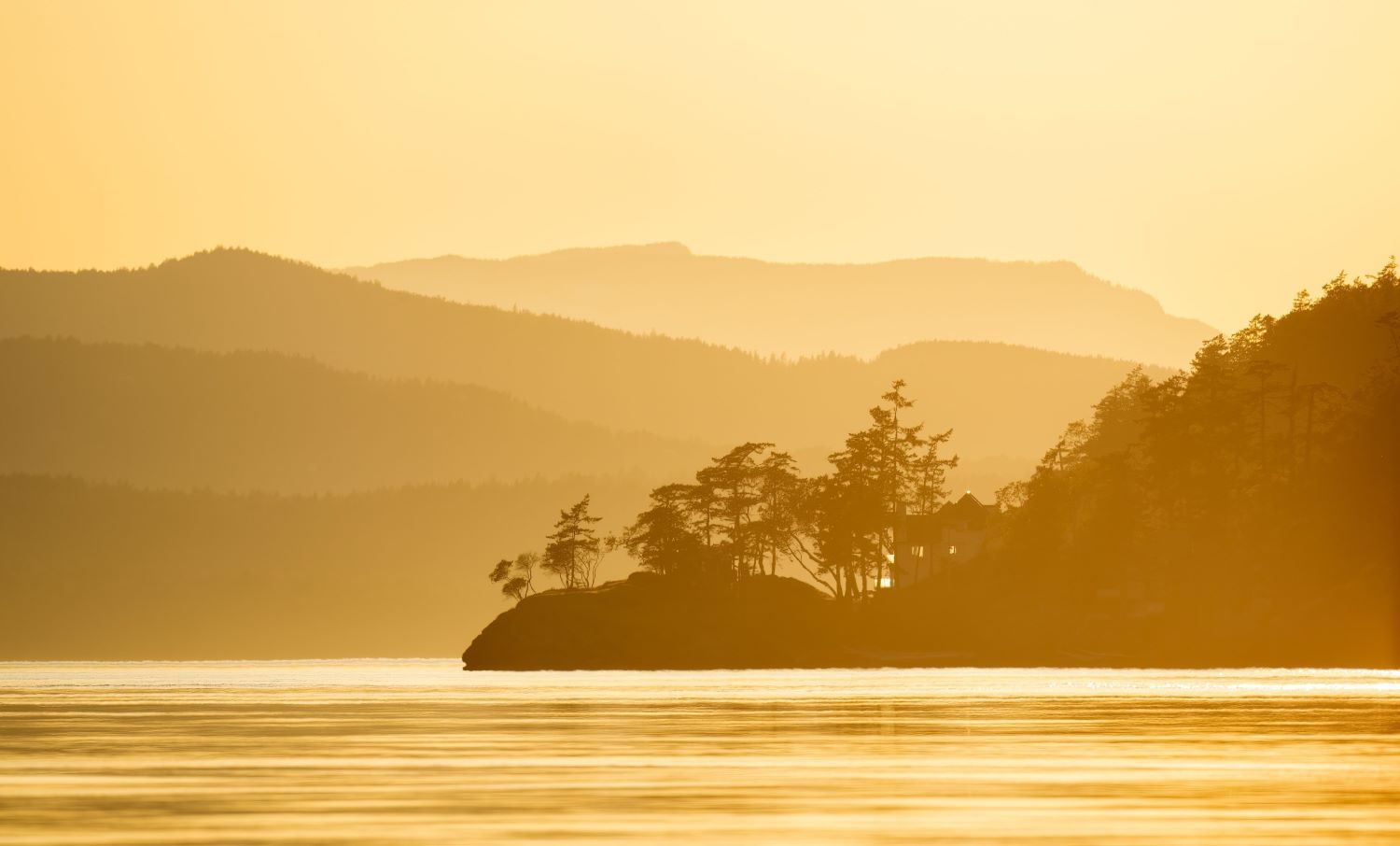
Fresh water, for example, is always a critical resource on small islands in salt seas. The trust islands have no big lakes or rivers. Their only water for drinking and farming is what falls on them, whether it ends up in creeks, small lakes, ponds, tanks or wells. How much of it stays on the hilly islands instead of running to the sea depends above all on woodlands. Woods are the keepers of water, and unbroken older forest with a thick spongy floor keeps it best. Human disturbance must therefore be restricted.
Someone once called capitalism “a machine for demolishing limits.” It wasn’t long after the “preserve and protect” law that speculators, landowners, logging firms and tourism promoters pushed back hard — irked by the very limits keeping the islands desirable and unspoiled. In 1982 the province’s Socreds (later known as Liberals) moved to abolish the Islands Trust. It took an uproar in the press to make the government back down.
The fight to define ‘unique amenities’
Foes of the Islands Trust Act tried to sow confusion over its mandate. What exactly was preserved and protected? Did "environment" mean only the natural environment?
And, as it turns out, a very important question: What are "unique amenities"?
The act’s wording was, in fact, well chosen: the Oxford English Dictionary defines unique as "one of a kind" or "unparalleled." Unique amenities are those not found elsewhere.
Critics probing for cracks in the act were unabashed (as they still are). So in 1986 the trust and the Municipal Affairs Ministry published “Position Paper No. 1,” giving specific examples and definitions that leave no room for doubt on what is preserved and protected: "approximately 500 islands and the extensive coastline and sheltered waters; diverse and unusual natural features, vegetation and wildlife; almost continuous tree cover; a unique water supply situation (i.e. small watersheds, shallow soils and heavy reliance on groundwater sources)."
Human matters addressed by the paper are pre-existing or dependent on natural features: "areas of heritage or archeological significance... tranquil rural areas... sustainable economic development... the self-sufficiency yet interdependence that island living entails."
Furthermore, the paper defined what is meant by the act’s wording "for the benefit" of Islands Trust residents and the province: "A benefit must be sustained and long-term, and must not be at the expense of the amenities or environment of the islands."
Fast-forward to Sept. 26, 2023. After a secret in-camera meeting, the current Islands Trust Council guardedly announced: "There has been some debate in the past about the meaning of unique amenities. Trust Council’s view is that unique amenities are broad-ranging and may include issues such as, but not limited to, housing, livelihoods, infrastructure and tourism."
In other words, any "issue" the council may wish to add to its new list of things that are not unique at all.
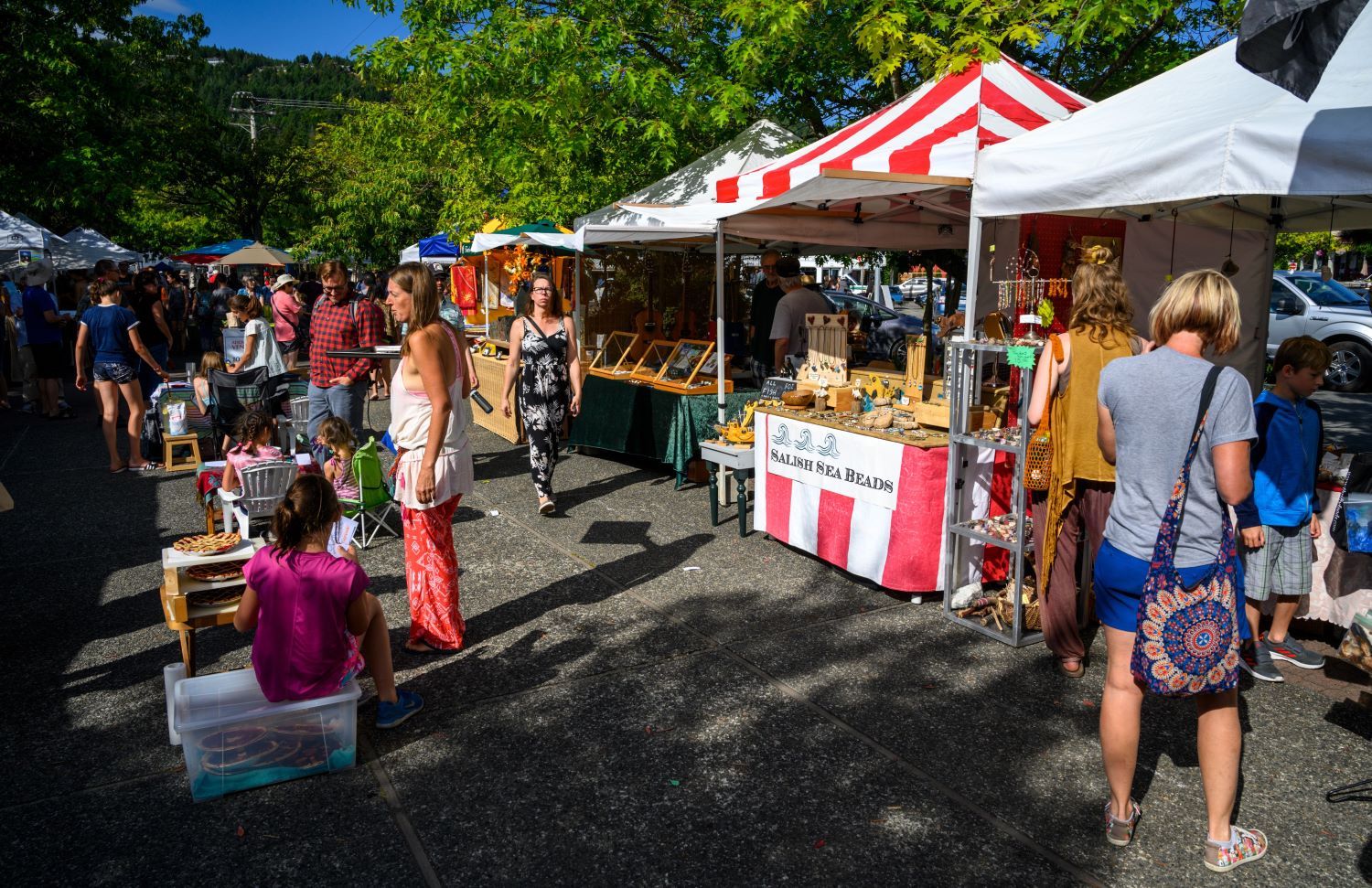
In January, a further announcement by the current council claimed that the governance committee (made up of eight council members) had summarized and clarified "all previous legal opinions" on the meaning of the act, citing this as the reason for working behind closed doors.
In-camera meetings are sometimes needed to hear sensitive legal advice, but they are not for discussing public policy in secret.
Equally worrying is chair Judi Gedye’s admission that they didn’t even have the 1986 position paper “as part of our earlier deliberations.” An odd legal precedent to ignore, given that a report for a 2021 council meeting had underlined the 1986 paper’s importance, noting it "provided explicit, detailed interpretations of the Islands Trust Object" (mandate) and stating that the act "is fundamentally about conservation-oriented, place-based protection... not traditional human-centric land-use planning."
These goings-on have raised such alarm that 34 former Gulf Island Trust trustees (with terms in office between 1976 and 2022) sent an open letter on May 2 to the Islands Trust Council and the minister of municipal affairs.
“This expansion and interpretation of ‘unique amenities’ has the potential of influencing or compromising environmental policies,” reads the letter. “The Trust is limited to regulating land use in order to preserve and protect the natural environment and rural character of the Trust Area... a duty specific to its intended purpose and function as a ‘trust.’”
‘Out of the grip’ of the Islands Trust?
The power to rewrite the Islands Trust Act itself rests solely with the province. But the council can review and update its own trust policy statement, or TPS. This may seem a small matter but is in fact of great importance, as the TPS governs how the act is interpreted and applied "on the ground" throughout the trust area.
Each island’s official community plan and other land-use bylaws, as well as revisions to existing ones, must be consistent with the policy statement. If they are not, the B.C. government has the power to override or alter them (even if in practice it seldom does). The trust is deemed an elected local government, though things like roads and services are provided by the province’s regional districts on all islands but one.
The exception is Bowen Island, which became a municipality after a referendum 25 years ago. Though technically still under the Islands Trust umbrella, it thereby took on more powers, and more liabilities — not least the cost of roads and services. Small mayor-and-council municipalities are easy meat for big developers. Wittingly or not, Bowen signed up for the usual North American pyramid scheme: paying for roads and services means growing the tax base through development; more development then requires more roads and services, which means... you get the picture. In 1971 Bowen had fewer than 400 people; today it has over 4,000.
Emboldened by Bowen’s part-secession, anti-Islands Trust interests got the province to hold more such referendums during the long reign of the BC Liberals. None succeeded. In 2004, municipal status was rejected by 87 per cent of Gabriola voters. On Salt Spring — the largest island, home to nearly half of Islands Trust residents — two referendums were held, in 2002 and again in 2017. Two-thirds of voters said no, twice.
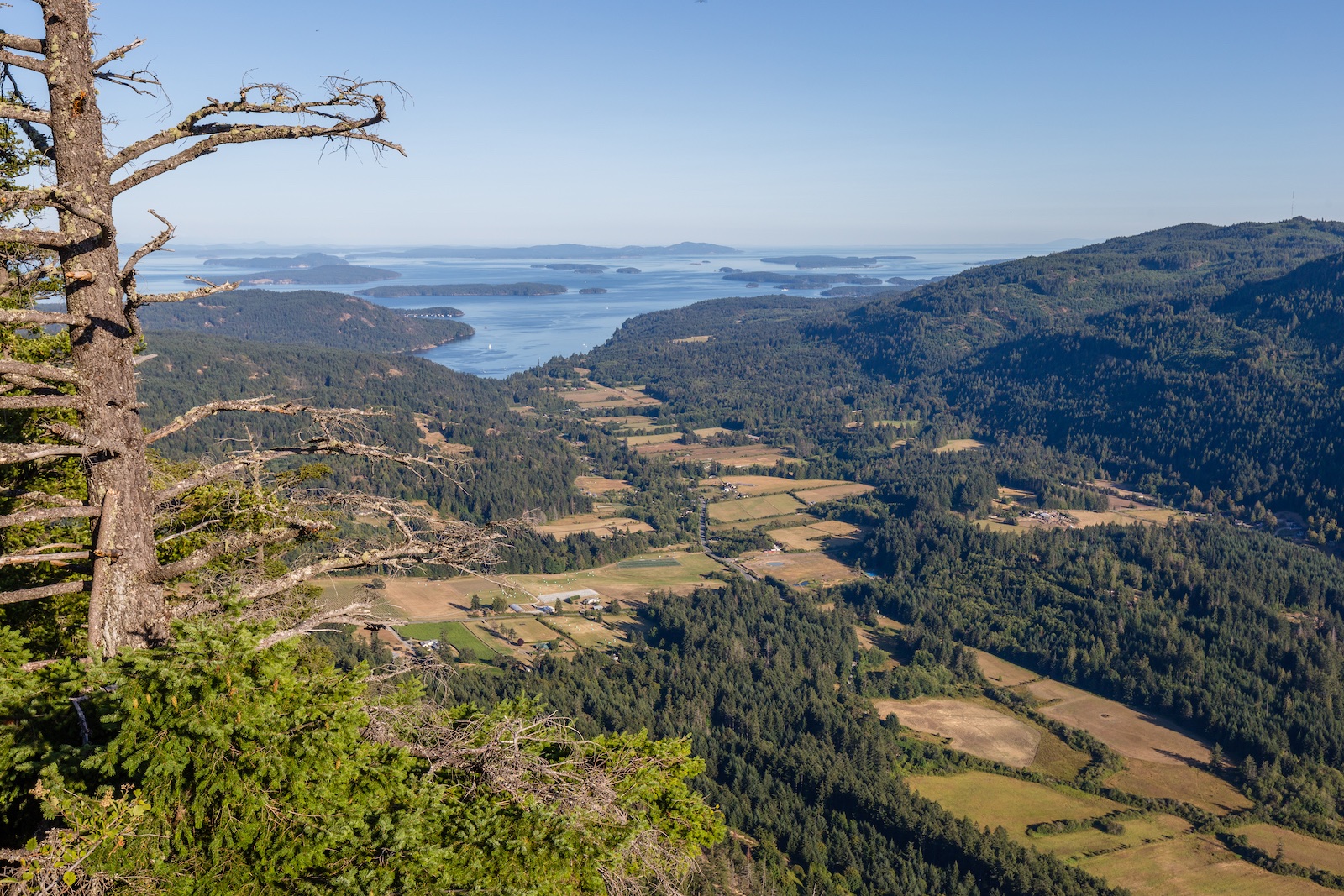
The pro-development lobby often complains that the islands have "stagnated" under the trust. In fact, the trust area’s population has grown fourfold in 50 years — a growth rate twice the national (and world) average. According to the latest Canada census, Salt Spring is growing as fast as Nanaimo. This is clearly unsustainable for a protected area, especially in a time of species loss, droughts and climate change.
Having lost the referendums, pro-development forces have since weaponized the housing crisis. The crisis is worldwide, and worse in big cities than in small communities, but there is indeed a housing shortage on the islands, especially for lower-income workers and families. In spring 2022, Salt Spring's hospital board found that the "bulk" of "workforce accommodation on Salt Spring has been displaced by over 500 nightly vacation rentals."
Most of those Airbnb-style rentals were unlawful, but Salt Spring trustees failed to crack down, saying they could do little unless the province stepped in. This year the province did exactly that with Bill 35. Trust islands are allowed to opt in, yet Salt Spring's trustees refused. They have also neglected to bring the island into the speculation and vacancy tax, even though revenue from that tax is earmarked for affordable housing.
Salt Spring trustees often speak of the need for affordable housing. Yet the word "affordable" has never appeared in any of the housing bylaws they've proposed. The main one would have allowed doubled density on almost all private properties at a stroke. This met with strong opposition, both from the public and the Tsawout First Nation (the only First Nation with a treaty reserve on Salt Spring), who wrote that the bylaw "will significantly change the environmental trajectory of the island by pushing the living capacity well past the standards that were originally outlined in the Salt Spring Island Official Community Plan.... The island does not have the capacity to increase living conditions without threatening the environmental stability of our traditional territory."
Salt Spring’s two trustees took a very different tack with the province's new Bill 44, requiring higher density across most of B.C. They promptly sent a letter to Housing Minister Ravi Kahlon, asking that Salt Spring be treated "as if it were a municipality." A slap in the face to the majority who voted no in the referendums.
The minister wisely refused, writing that the Islands Trust was exempted from Bill 44 “because of the Trust’s special mandate to ‘preserve and protect the Trust area and its unique amenities and environment’ and pre-existing limitations to critical resources like drinking water and waste disposal.”
Both Salt Spring trustees, Laura Patrick and Jamie Harris, sit on the influential governance committee. All trustees are required to follow the trust's standards of conduct, the first of which is "to serve the public, advocate the Trust mandate, and adhere to the Trust Policy." At its first meeting, the current committee chose as its chair Judi Gedye, a municipal trustee from Bowen Island, and as vice-chair Jamie Harris, a logger who has called for the trust to be abolished or, failing that, for Salt Spring to "get out of its grip."
Harris is evidently not the only trustee who holds such views, merely one of the few frank enough to say what he thinks.
The Islands Trust is one of the BC NDP's greatest achievements and a legacy for future generations. This month, as it celebrates its 50th birthday, it appears the trust is being undone by what amounts to an inside coup by trustees who don't believe in it.
If this council gets away with the policy statement it now proposes, the trust will be gutted from within.
If today's NDP don't want to preside over the trust's death on their watch, they must step up and save it, for B.C., Canada and the world. Otherwise the Gulf Islands may soon go the way of the Mayan Riviera. ![]()
Read more: Municipal Politics, Environment, Urban Planning


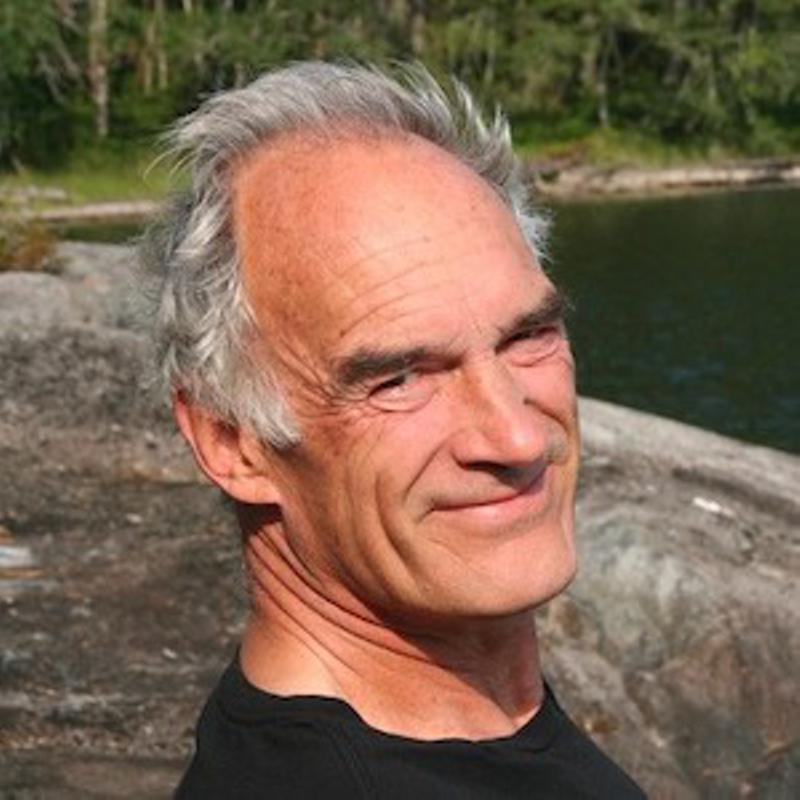

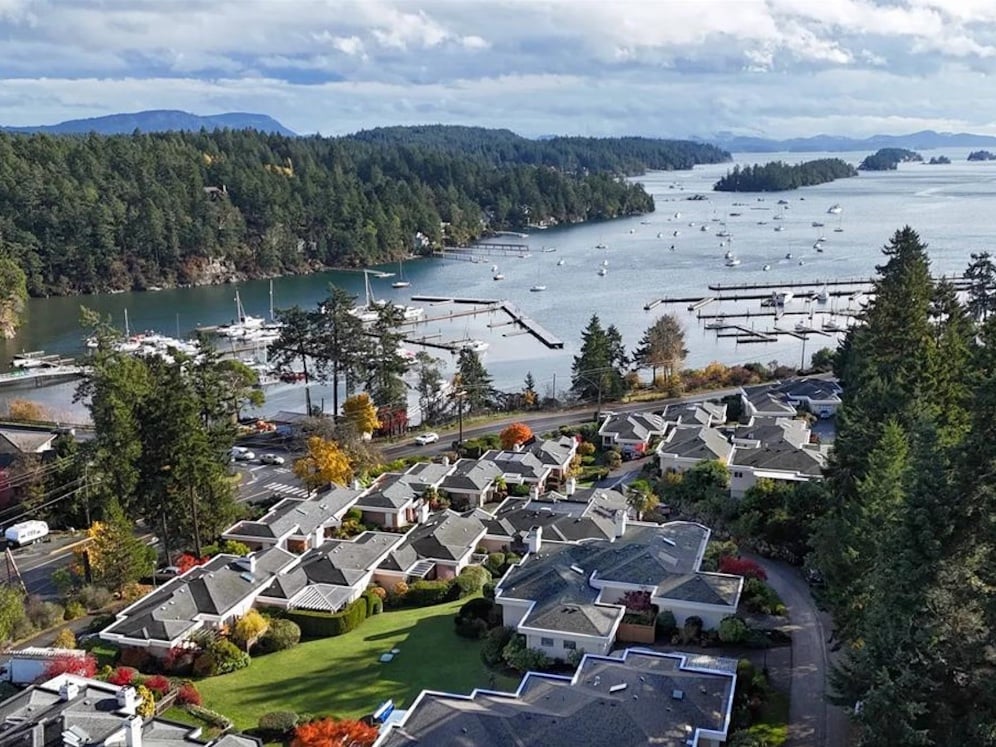



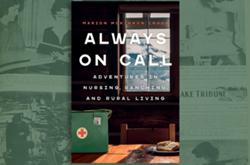


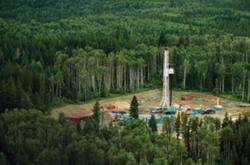





Tyee Commenting Guidelines
Comments that violate guidelines risk being deleted, and violations may result in a temporary or permanent user ban. Maintain the spirit of good conversation to stay in the discussion and be patient with moderators. Comments are reviewed regularly but not in real time.
Do:
Do not: